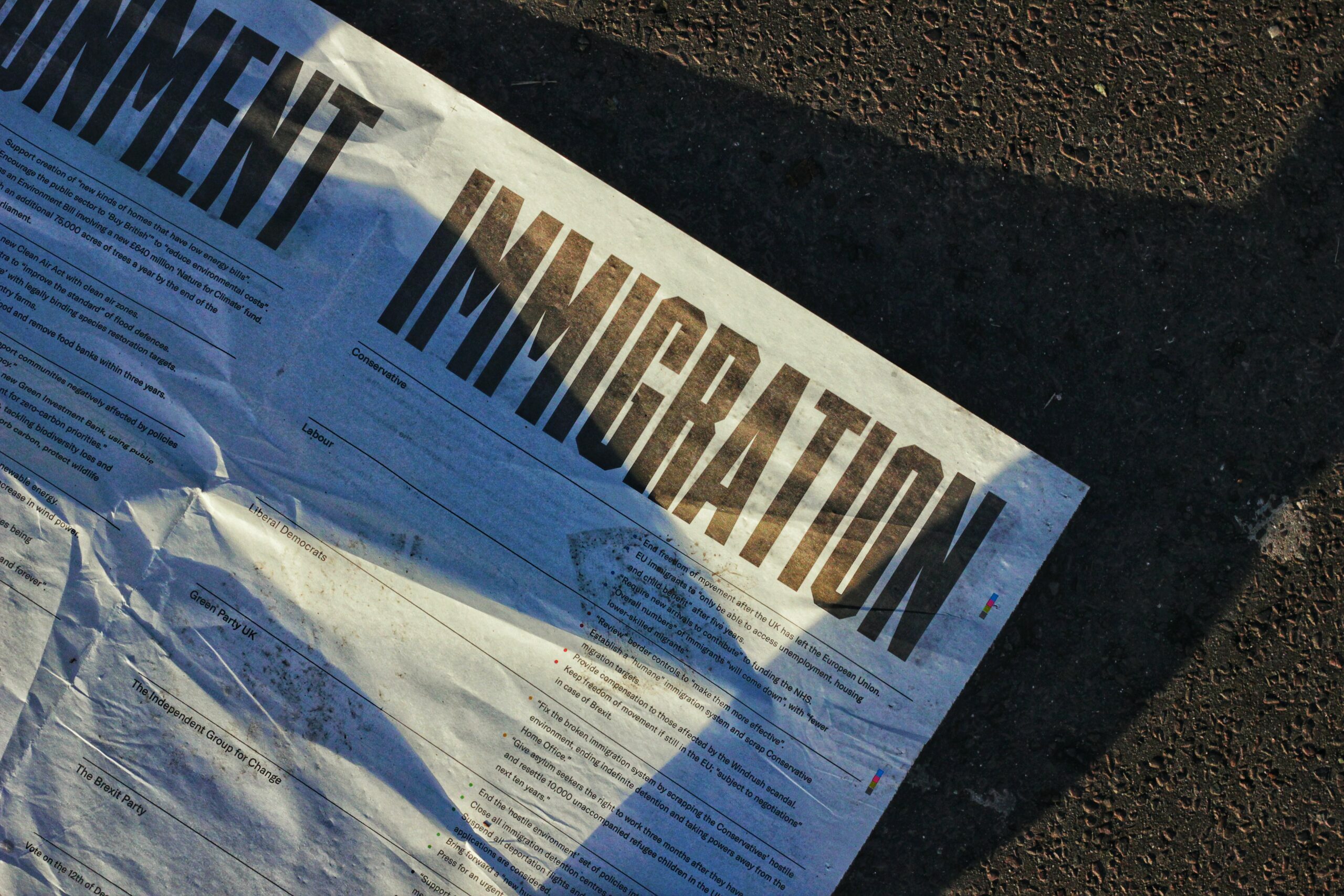Understanding public attitudes to immigration. Proposing reforms to restore public confidence that immigration can work fairly for all of us.
Britain’s post-Brexit immigration approach needs to rebuild public confidence and secure political consent, while meeting the needs of the economy, public services and our global obligations. That will require a much deeper level of public involvement, to address people’s anxieties and respond with a system that manages the pressures and secures the gains of immigration.
Advocates for the gains of migration do not have the public and political support they need. We work with civil society, employers and political voices to develop public messages, policy agendas and broader coalitions to engage concerns effectively by proposing constructive solutions.
The findings from our National Conversation on Immigration project inform our approach to policy change.
British Future, together with Hope not hate and the Home Affairs Select Committee, conducted the biggest-ever public consultation on immigration in 2018. The National Conversation on Immigration comprised over 130 meetings with local citizens and stakeholders in 60 locations across every nation and region of the UK, together with an online survey and nationally representative research by ICM. In total 19,951 people took part. Read its final report here.
 Date: 22 May 2025
Date: 22 May 2025
Voters will be surprised by the halving of net migration, offering PM Keir Starmer an opportunity to take a more pragmatic approach.
 Date: 11 May 2025
Date: 11 May 2025
New British Future research on public attitudes to immigration, ahead of the government’s expected Immigration White Paper.
 Date: 1 May 2025
Date: 1 May 2025
A new poll finds the public expects net migration to increase, as new figures are published by the ONS. But immigration is certain to be lower and net migration is likely to fall by over 250,000, says British Future
 Date: 10 April 2025
Date: 10 April 2025
British Future is a signatory to a letter in the Times, calling on the government to adopt an annual Migration Plan, together with the Directors of Onward, Centre for Policy Studies, IPPR and the IfG.
 Date: 27 February 2025
Date: 27 February 2025
New Home Office figures show falling immigration numbers, yet the politics of immigration have not caught up, says British Future.
 Date: 16 February 2025
Date: 16 February 2025
Most of the public would prefer current levels of international student migration to stay the same or increase, even though it makes up 40% of net migration, according to new research.
 Date: 21 January 2025
Date: 21 January 2025
What can government and advocates in the UK and Europe can learn from the US Presidential campaign for how we talk and act on immigration and asylum?
 Date: 15 January 2025
Date: 15 January 2025
Report from a British Future event examining lessons from the US election for the UK immigration debate
 Date: 14 January 2025
Date: 14 January 2025
New poll finds most Brits would rather Elon Musk kept out of our politics, as new British Future initiative examines ‘lessons from America’ for the UK.